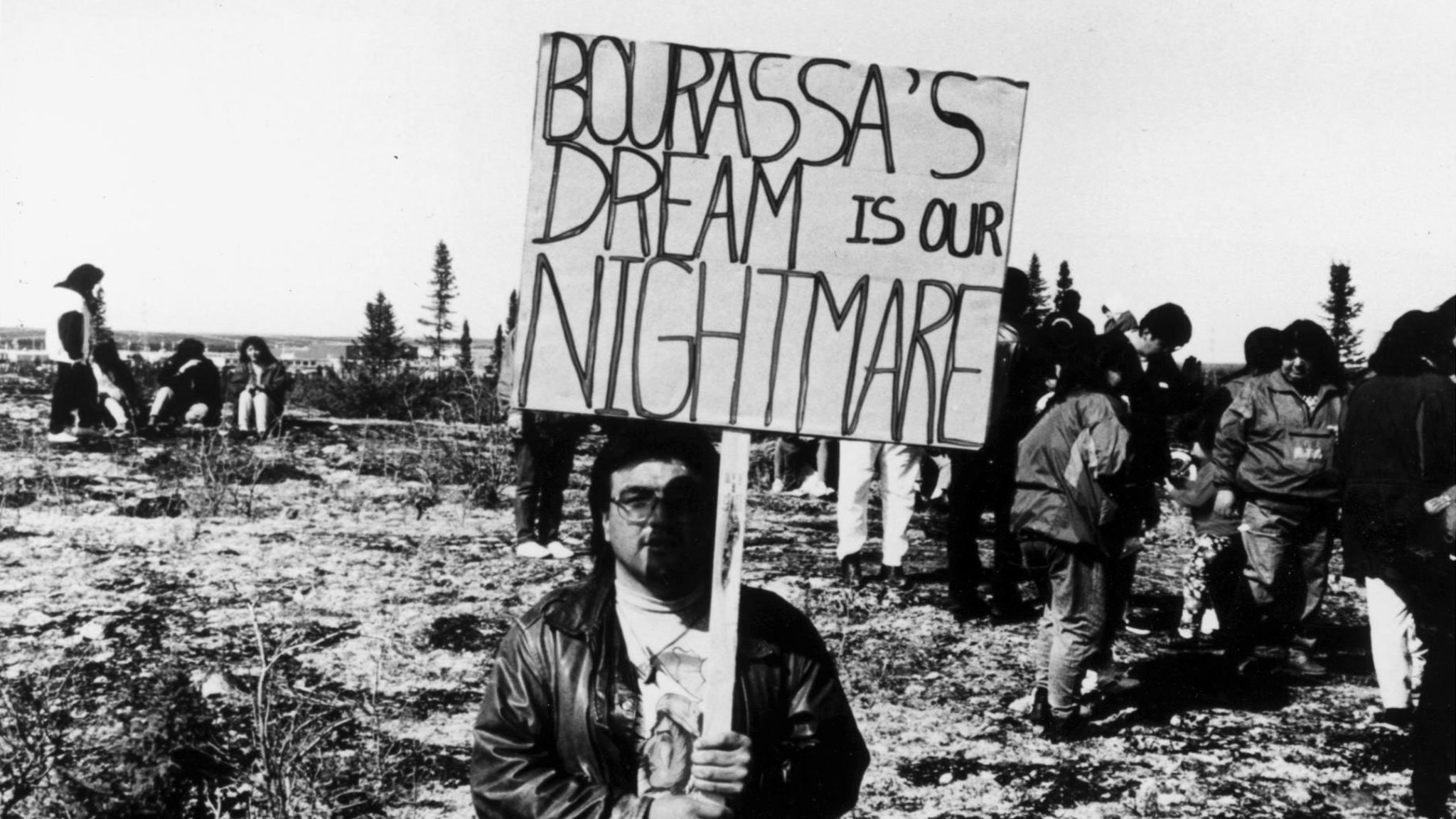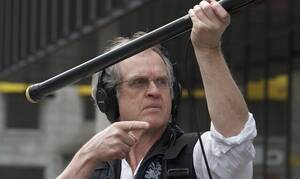Magnus Isacsson
Telling dramatic stories which bring crucial social and political issues to the attention of the public – that was Magnus Isacsson’s objective as a documentary filmmaker. In the last fifteen years, he specialized in feature length “process films”, following conflictual situations over long periods of time. Power (Cineflix 1996), told the five-year story of how the Cree Indians defeated Hydro-Québec’s Great Whale megaproject. The film received the award for best documentary at the Paris International Environmental Film Festival in 1997 and the Grand Prize of the Lausanne festival in 1999. The Choir Boys (Érézi 1999) about Montreal’s choir of homeless men, was nominated for several major Canadian awards and received the Golden Conch at the Mumbai International festival in 2000. The feature length View from the Summit, (Érézi 2002) is a multi-faceted view of the politics of protest, which the Globe and Mail called “remarkable…riveting”. Isacsson also co-directed Pressure Point (Multi-Monde 1999), a film on the same theme that received the Quebec Film Critics award for Best Documentary in 2000. Maxime, McDuff and McDo (Virage), his second film on attempts to unionize McDonald’s restaurants, was nominated for three Gémeaux awards. Isacsson’s most recent films are ‘The Battle of Rabaska’ ( with Martin Duckworth, ONF 2008) and Art in Action (Amazone Films 2009) which received the Prix Gémeaux for best portrait or biography in 2011. Isacsson received the 2004 Prix Lumières from the Quebec directors’ association. ( ARRQ.)
Magnus Isacsson was born in Sweden in 1948. He immigrated to Canada in 1970 and became a Canadian citizen in 1978. He is fluent in Swedish, English and French and understands Spanish. After studying political science at the Universities of Stockholm and Montreal, Isacsson started his career as a radio producer for Swedish Broadcasting and the Canadian Broadcasting Corporation from 1972 to 1980. From 1980 to 1986 he directed numerous current affairs reports and investigative stories for the English and French television networks of the CBC, for programs such as Le Point, Contrechamp and The Fifth Estate.
Isacsson taught audiovisual production at l’INIS, the Quebec film school, and at several universities, including Whitman College in Washington State, the University of Montreal and Concordia U. In the mid-eighties he taught video production in Zimbabwe and South Africa for Montreal-based Vidéo Tiers Monde (Third World Video). He directed an instructional tape on video production, which received the award for best audiovisual production from the Association for Audiovisual Teaching Techniques in 1991. He was a member and former co-chair of the Documentary Association of Canada (DOC), a member of the Association des Réalisateurs et Réalisatrices du Québec (ARRQ), and of SARTEC. He was also vice-president of the Observatoire du documentaire.
Isacsson passed away in 2012.
- Les Super-Mémés / 2010
- Art in Action / 2009
- The Battle of Rabaska / 2008
- Waiting for Martin / 2004
- Hellbent for Justice / 2004
- Maxime, McDuff and McDo
- Views from the Summit / 2002
- The Choir Boys / 1999
- Pressure Point / 1999
- Union Trouble - A Cautionary Tale / 1999
- The Big Upheaval / 1996
- Power: One River, Two Nation / 1996
- The Emperor's New Clothes / 1995
- Out of the Ashes / 1991
- Uranium / 1990
- Toivo - Child of Hope / 1990





